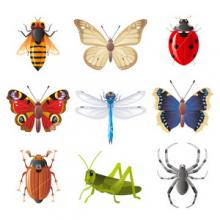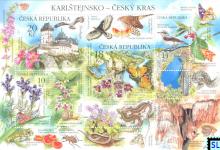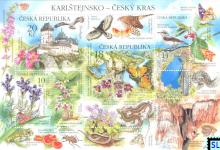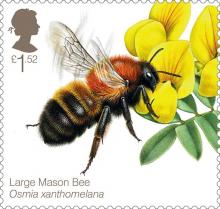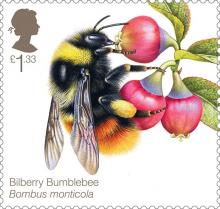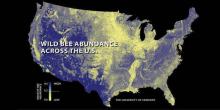Bee Populations Seem To Be Bouncing Back In Canada, But Not in the US
A new study conducted in part by the US Department of Agriculture says that the US lost just over 44 per cent of its bee colonies between April 2015 and March 2016. That’s a lot more than the 34 per cent loss recorded two years ago, and shows a return to the troublesome 45 per cent loss recorded in 2012-13. So, that must mean Canada is in store for a similarly dramatic loss in its bee population, right? Not necessarily, says Mark Winston, a professor in apiculture and social insects at Simon Fraser University in Vancouver, BC.


